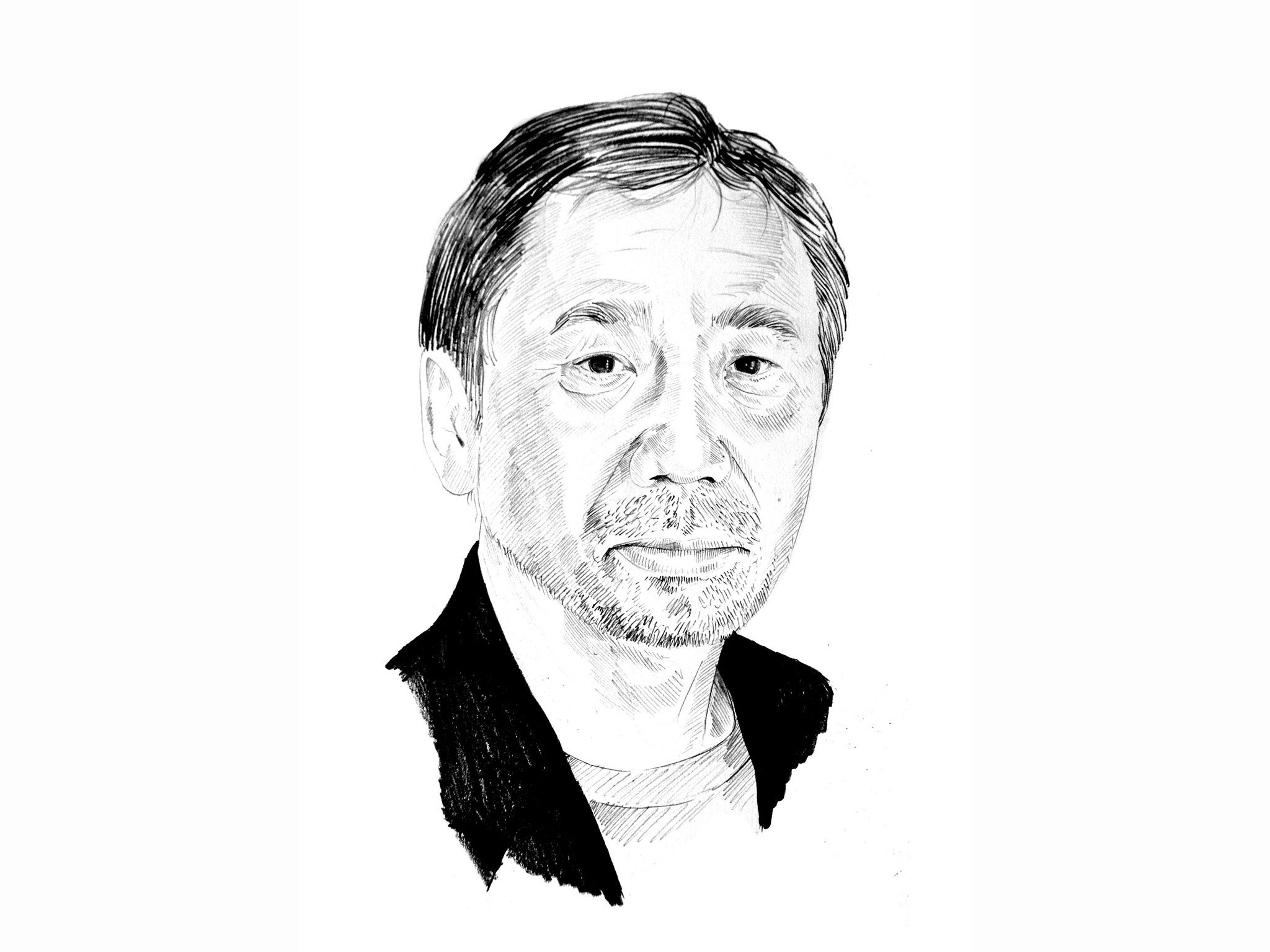Independent Foreign Fiction Prize 2015: It’s a global book prize, not just European
Whichever continent may triumph on 27 May, I warmly recommend them all


Your support helps us to tell the story
From reproductive rights to climate change to Big Tech, The Independent is on the ground when the story is developing. Whether it's investigating the financials of Elon Musk's pro-Trump PAC or producing our latest documentary, 'The A Word', which shines a light on the American women fighting for reproductive rights, we know how important it is to parse out the facts from the messaging.
At such a critical moment in US history, we need reporters on the ground. Your donation allows us to keep sending journalists to speak to both sides of the story.
The Independent is trusted by Americans across the entire political spectrum. And unlike many other quality news outlets, we choose not to lock Americans out of our reporting and analysis with paywalls. We believe quality journalism should be available to everyone, paid for by those who can afford it.
Your support makes all the difference.As a judge for the Independent Foreign Fiction Prize, I sometimes meet people who compliment the contest as an essential showcase in insular Britain for “European” literature. It can feel churlish to correct them. But this is and always has been a proudly global award.
It embraces the living authors of every continent and rewards the best of them – along with their translators, who take 50 per cent of the £10,000 prize.
Last year, for example, exiled Iraqi writer Hassan Blasim and his translator Jonathan Wright won the prize. And this year’s wide-ranging and mind-expanding shortlist proves the international point.
It features two exciting Spanish-language writers, neither of Spanish origin. Juan Tomás Ávila Laurel hails from Equatorial Guinea, Africa’s only Spanish-speaking nation; Tomás González is from Colombia. Japanese writer Haruki Murakami scarcely needs introducing.
As for the European half of the draw, the novels by Daniel Kehlmann and Jenny Erpenbeck bear witness to the current strength and scope of German-language fiction, while Erwin Mortier flies the Belgian – or, more precisely – the Flemish flag.
The books vary as much as their authors. González delivers a pin-sharp parable of the rural “good life” gone wrong. Ávila Laurel opens up the magical world of his home island, as tradition collides with history.
Murakami sends a wistful loner back into the mysteries of his haunted – and haunting – youth. Kehlmann wittily transforms the fate of three brothers into a farce-of-ideas that’s also a quest for reality in an age of fakes. Erpenbeck distils the turning-points of a woman’s life into a beautifully succinct journey through Europe’s 20th-century tragedies. Mortier re-makes the First World War novel into a heartfelt and lyrical voyage through time and memory.
Whichever continent may triumph on 27 May, I warmly recommend them all.
Boyd Tonkin has been a member of the judging panel for the prize since 2000
Join our commenting forum
Join thought-provoking conversations, follow other Independent readers and see their replies
Comments